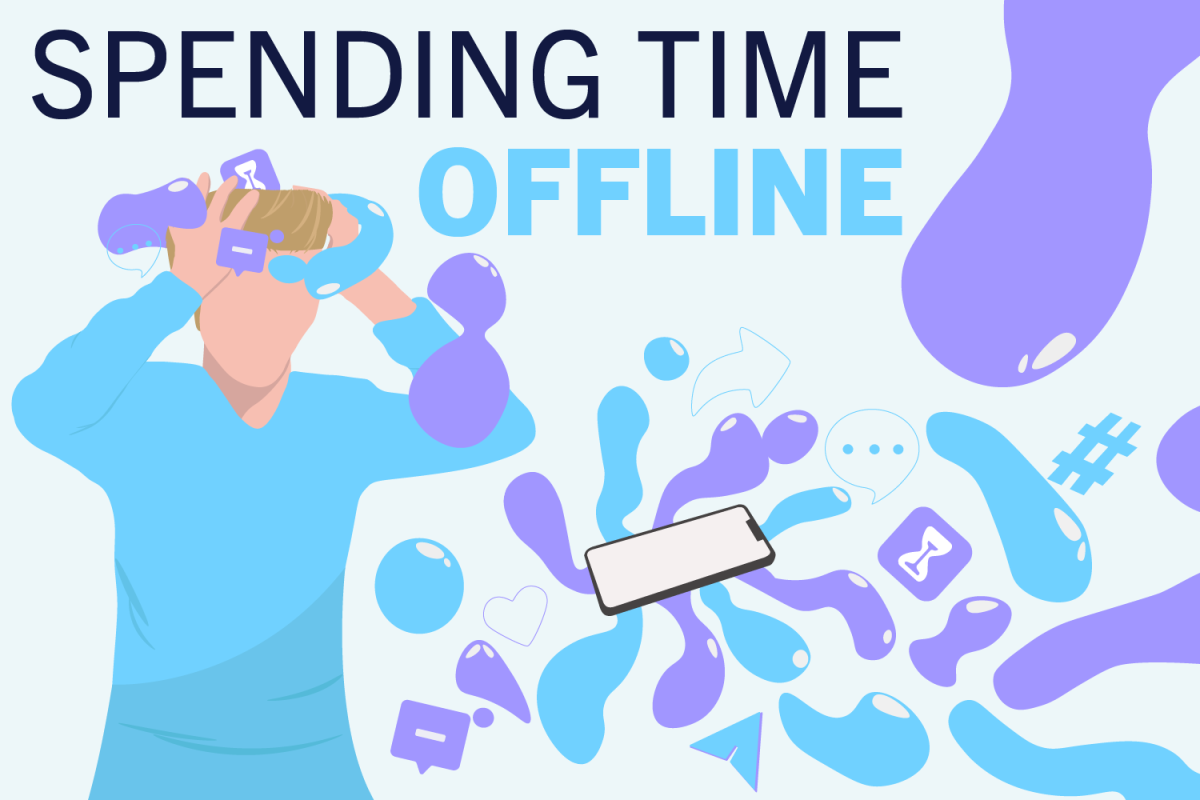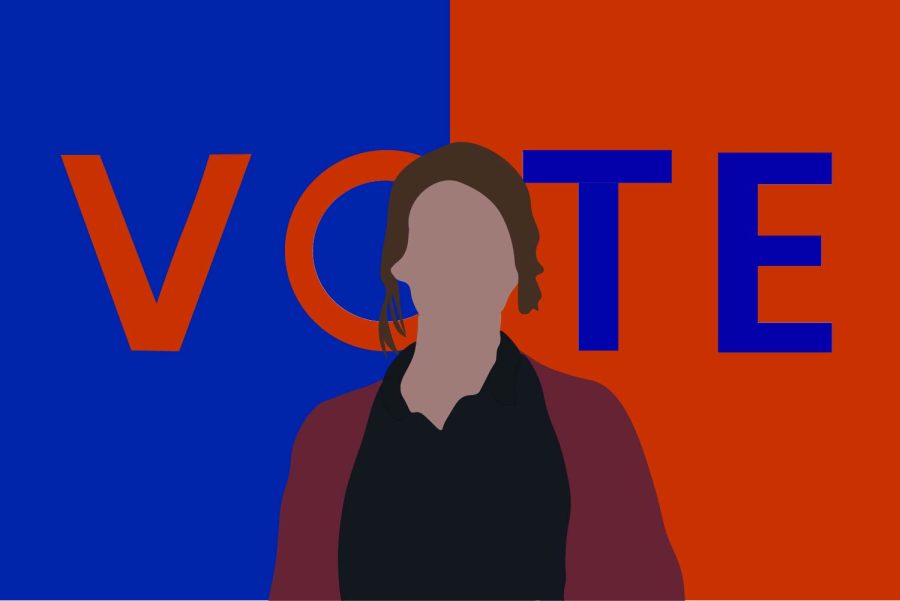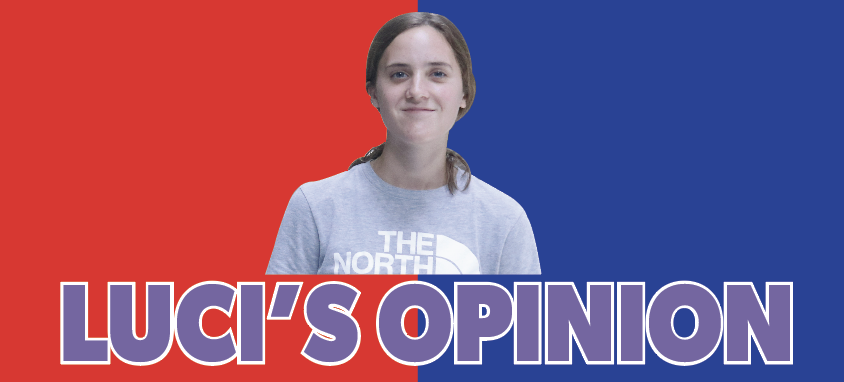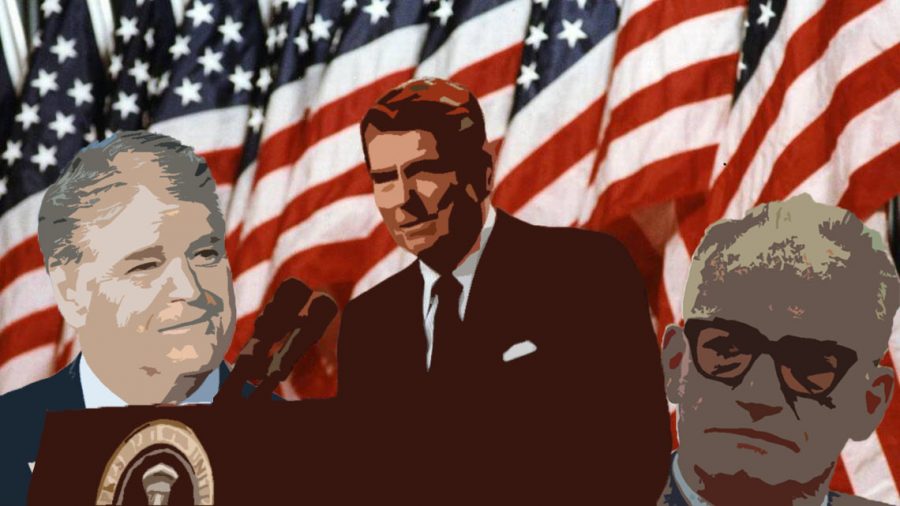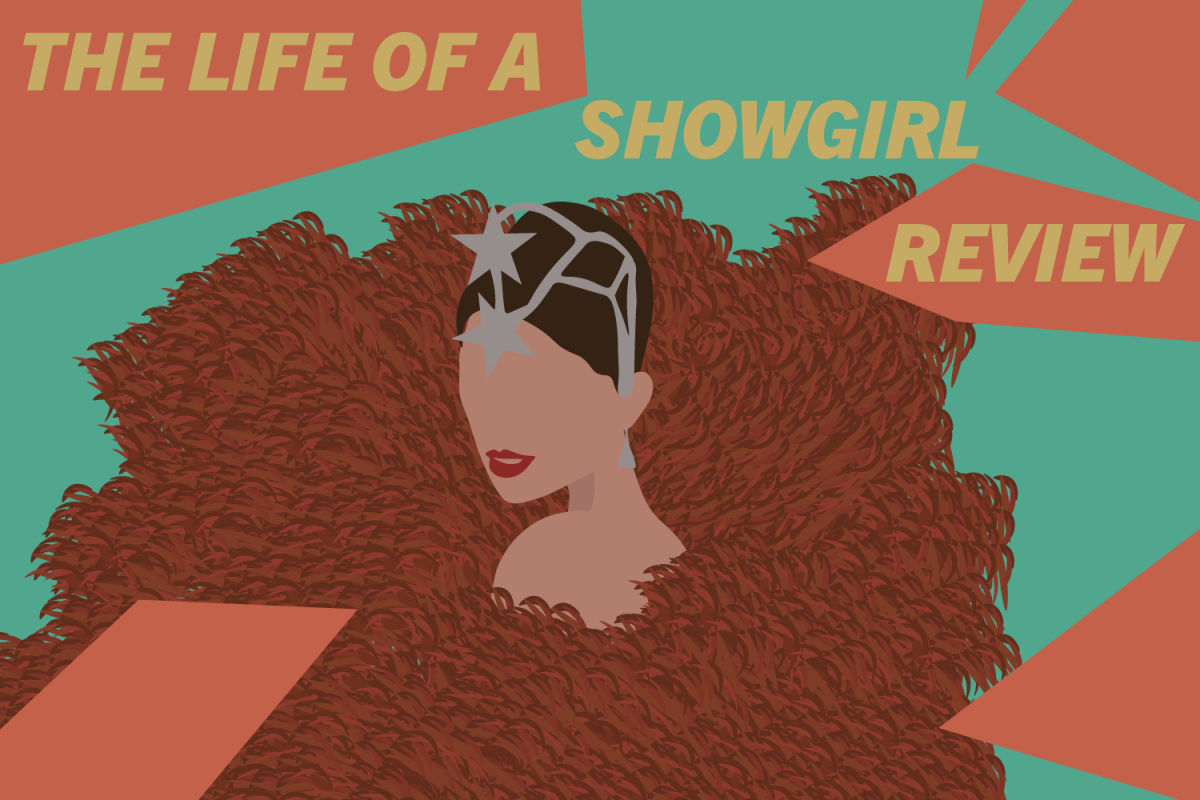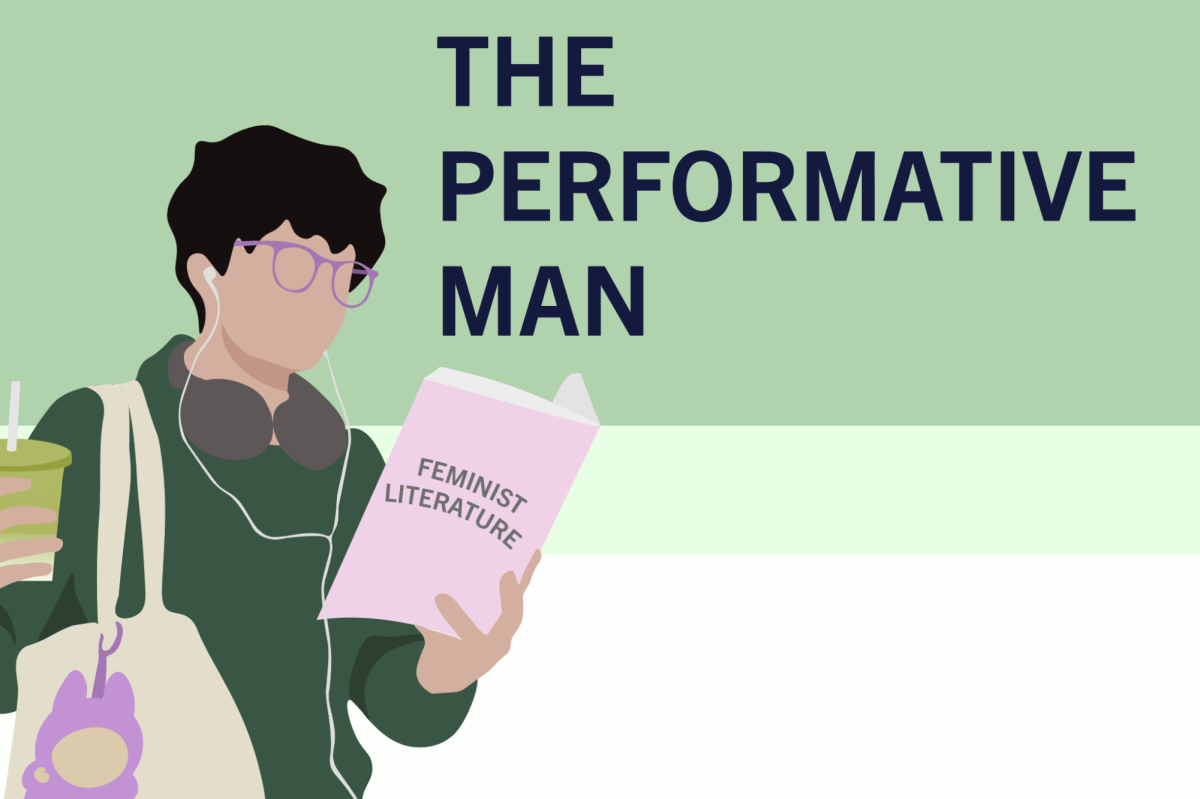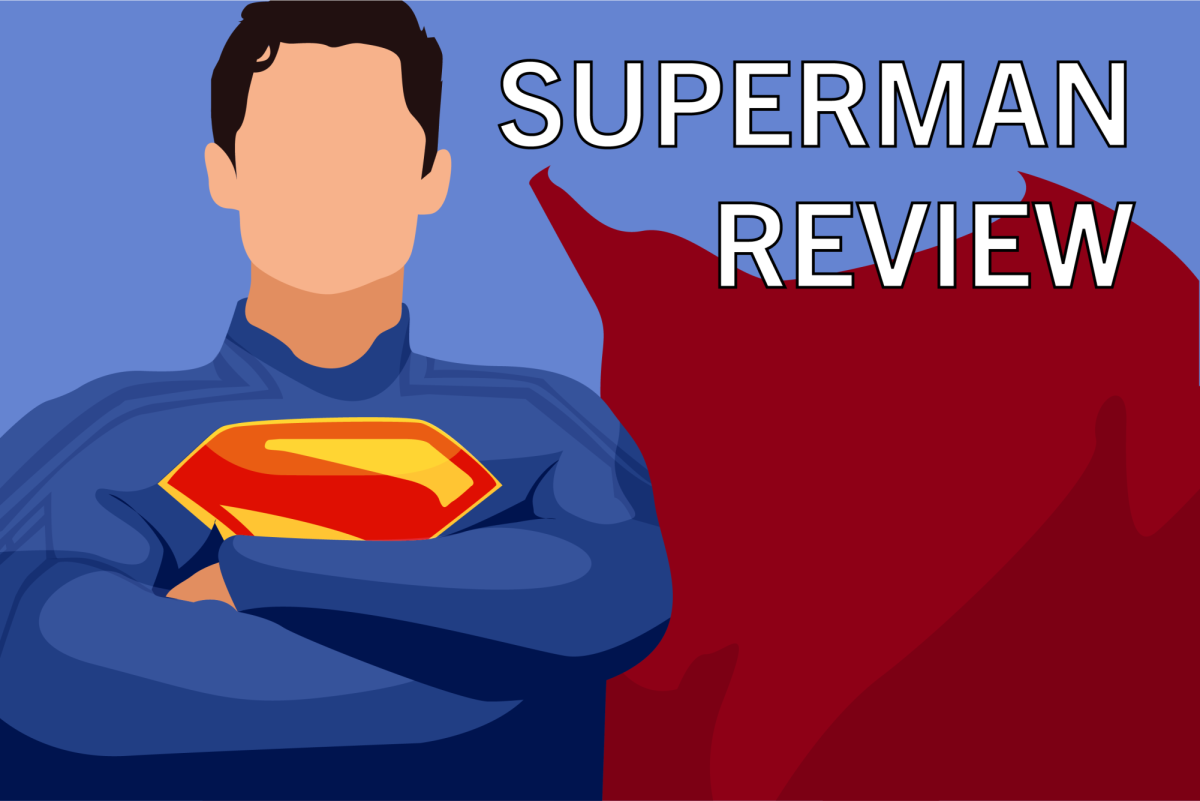Each year, juniors in our district read and discuss Mark Twain’s classic novel The Adventures of Huckleberry Finn. However, many districts have banned the novel because of derogatory language, specifically the n-word. In order to circumvent this problem, Professor Alan Gribben of Auburn University created an edited version that replaces the n-word with “slave.”
Gribben meant for the change to be positive. By taking out the n-word, the book then becomes available to any district where it had been banned because of the frequent use of the n-word. Though this edition opens the novel up to more people, the value that it brings is left out.
The edited version is disrespectful to the author. Twain included the word in his novel because that was how people spoke at the time. After taking out offensive words, the next step would be to take out offensive ideas, theoretically making the past disappear completely.
How far must we go to be politically correct? This book was originally published in 1884. We’re going 127 years into the past to censor a word for the future? The concern should be not with protecting our ears, but with educating the next generation on the offensiveness of the word. We should not be polite to the point of ignorance.
We must recognize how lucky we are that not only is the original book not banned here, but it is encouraged. Our district has chosen to teach the book in its full original version, and also has not even considered switching to the censored version.
We need to fully appreciate the power of the novel and the freedom the district has given the teachers in regards to teaching this book. The censorship controversy hardly seems to affect our district because banning the book was never a consideration here. The teachers have the option to teach it if they want, and they have repeatedly chosen to teach it.
These choices provide students with an example of real racism of the past, therefore giving us the opportunity to prevent history from repeating itself. By seeing the cruelty, we can stop ourselves from spreading it. If we don’t prepare ourselves, we will become overwhelmed later in life. And thankfully, the district has decided to prepare us.
This novel has tangible power, because the words it employs are powerful.
When you replace the powerful n-word with something neutral like “slave,” the severity of the language is lost. There was a purpose, but the purpose disappears when the word is changed. In the time that the book was written, people spoke the n-word frequently. It was harsh, but it was the way things were. If we forget the past, we’ll let it repeat itself. You can’t just ignore the past by ignoring the n-word.
The Adventures of Huckleberry Finnis one of the best literary examples of realism we have today, precisely because of the language that Twain chose to use. The language provides the shock value that makes people think about what they do and say. It was intended to be showcased the way people of all colors lived their everyday life, and they way they were treated.
We commend the district for not letting censorship affect us and for recognizing the importance of history and the language of the past. The most powerful way to learn is through truth, and censorship masks what students can truly only learn through its harsh reality.


